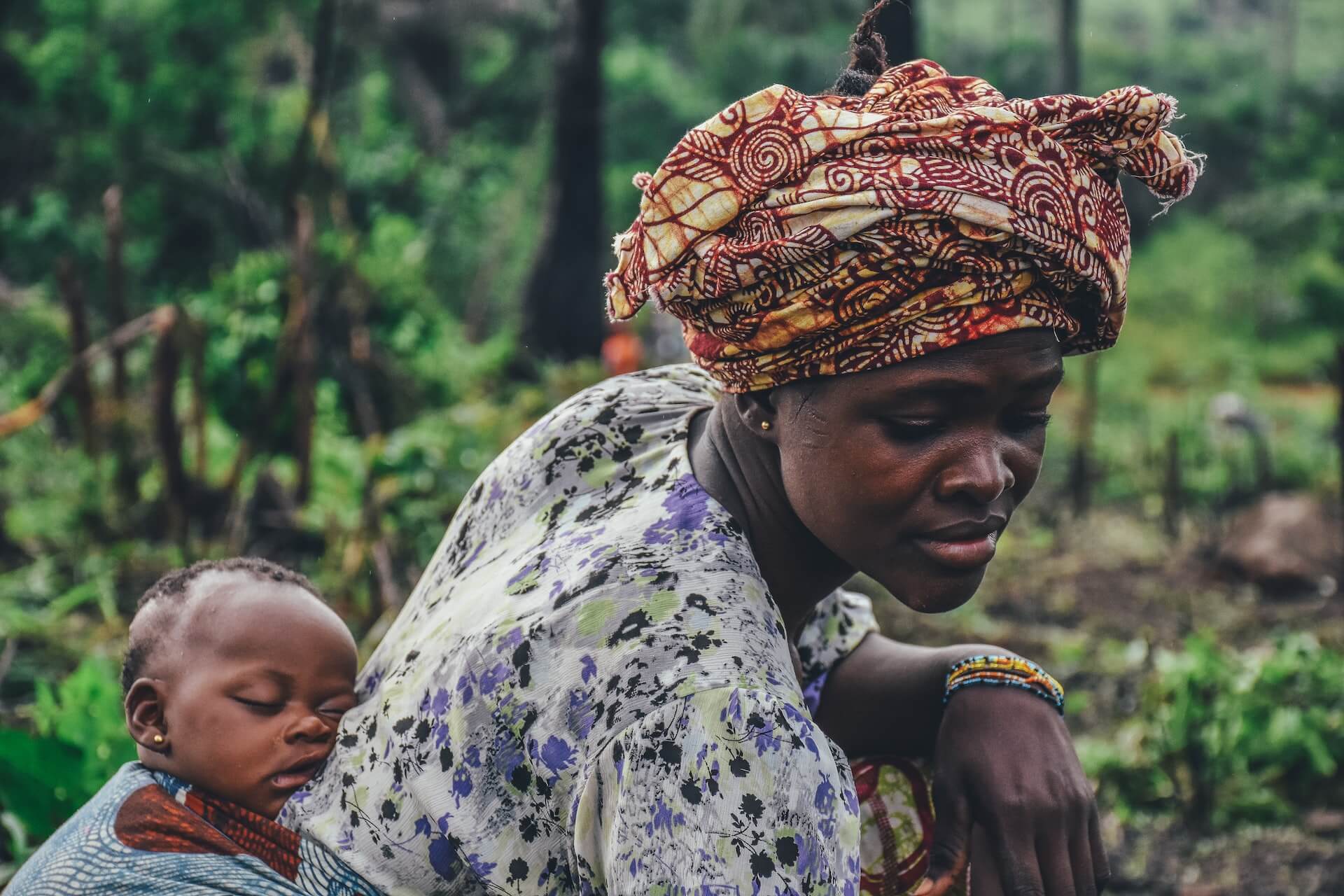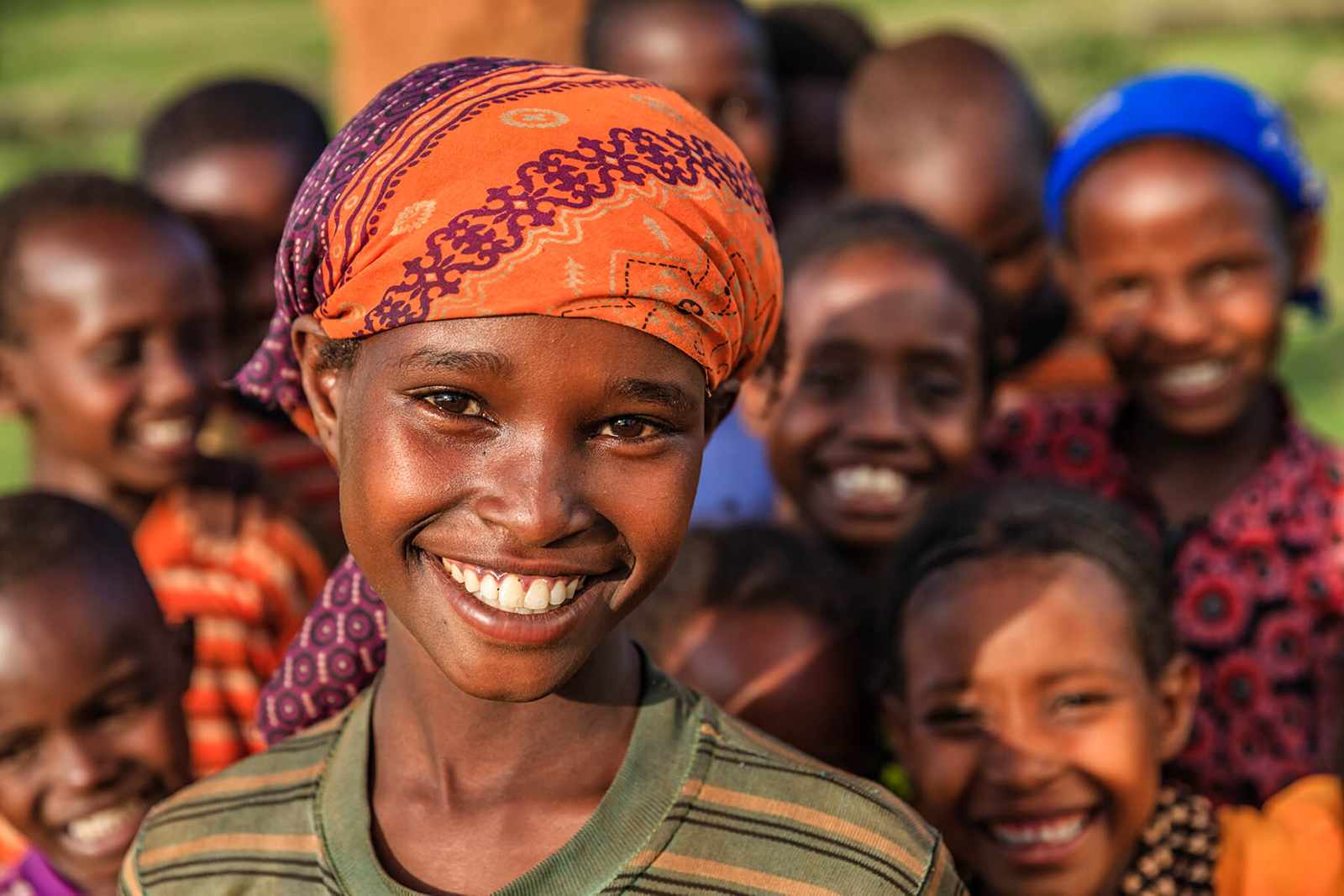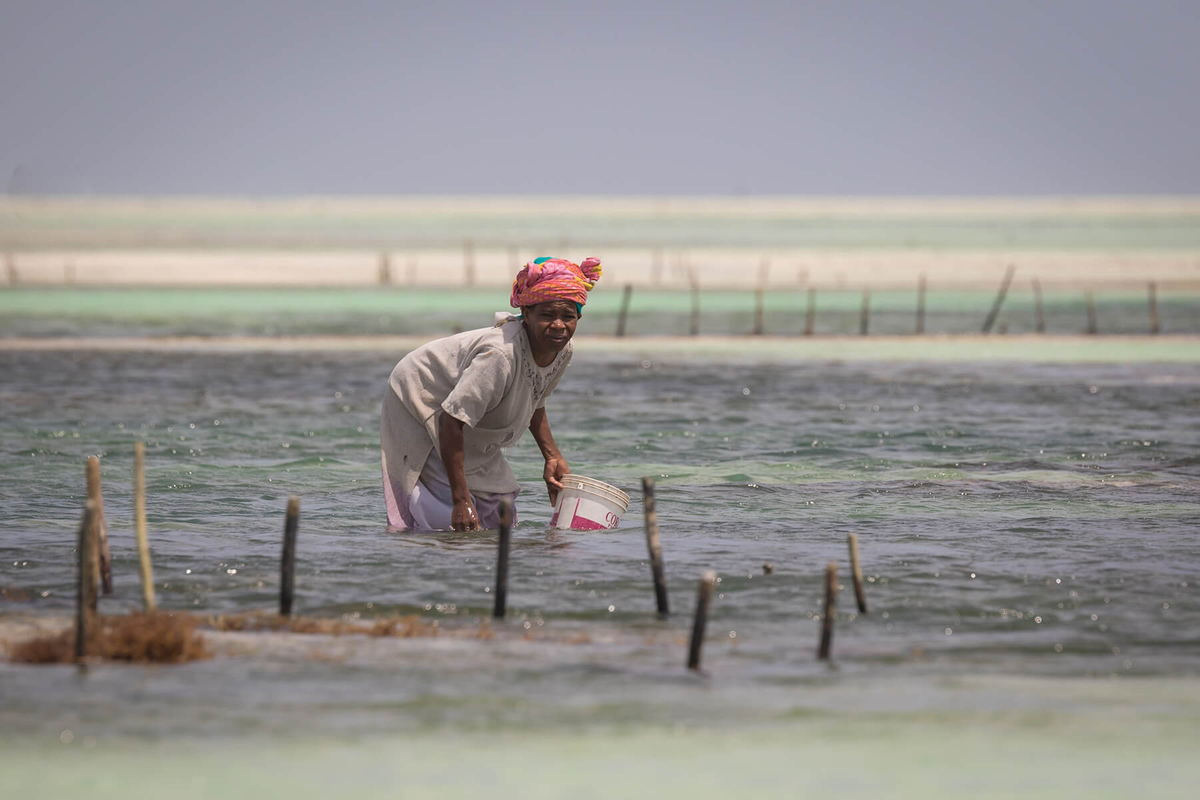There exists a direct relationship between democracy and the environment. In our world today, a healthy democracy means a healthy environment and vice versa. These two factors (democracy and nature) together have a great impact on gender equality.
The COVID-19 pandemic has shown to the world that the voice of our environment has an equal or greater right to be heard than that of humans. The pandemic left countries with no option but to close down all activities, leading to increased food prices, recession, and loss of livelihoods, not to mention the loss of so many lives. Less visible are the many untold hardships that, especially for developing countries, could take years to fully recognize as we reel from the impacts of the many crises that are the defining issues of our time.
The pandemic, which stemmed from our intrusion into nature’s landscape, overwhelmed critical infrastructure and institutes that uphold our democratic rights. Throughout this period there was also an unprecedented increase in violence against women and girls. This could already be suggestive of the interwoven relationship that women have made with their environment.
In the Lake Chad region, as the lake recedes and the vegetative landscape degrades, we are seeing an increase in armed conflict and banditry, cyclones, heatwaves, the rise of insurrectionists, mass migration, and other forms of humanitarian crises that affect our human rights.
This is further weakening the democracy of the entire region as a loss of livelihood is fueling insecurity, especially in the cases where there are no ready solutions. The direct ties between the nature of Lake Chad and democratic stability in the region show the extent to which environmental rights are indispensable in our contemporary democracy.

Two schools of thought
Over time, democracies around the world have grown and adapted to contend with societal issues, resulting in increased demand for and reliance on democratic institutions. Under the unprecedented impacts of climate change, however, these institutions have proven to be overwhelmed, highlighting the flaws and deficiencies in our democratic systems. Climate change is upending the classic narrative of what a democracy should look like.
To address this, there are two schools of thought; the first claims that to tackle the climate crisis, we need more and better democracy. The second school of thought asserts that tackling climate change in fact requires the suspension of democracy altogether. There is a meeting point to these thoughts — which is where ecofeminism comes in.
Because women have built a relationship with nature through the traditional activities and work they do, they are often the first victims of any environmental instability. As a result, if nature is left out of our democratic agenda, women and girls will suffer the most. In addition, countries with the most severe incidents of and impacts from environmental injustice tend to have the weakest democratic institutions. The intersection between green democracy and ecofeminism provides a tool that will create connectivity, inclusiveness, and bridge justice on the defining issues of our time.

Involving women and girls
I’m an ecofeminist who is seeing the everyday struggles of women in our society — socially, culturally, economically — all amidst changing environmental conditions. The greater the degradation of our environmental conditions, the more it negatively affects gender equality.
In West-Central Africa, women and girls produce 60 to 80% of the food and work an average of 20 hours per week to get water and biomass for their households yet still have little right to own land. In the Sahel, there are more than 20 million child brides due in part to the vast degradation of a landscape that 80 percent of the population depend upon for their livelihood.
Similarly, in the Lake Chad region, there are more than 10.7 million people displaced by the climate crisis of which two-thirds are female. These women face higher chances of death and greater susceptibility to disease. This has led women and girls to become victims of desperate survival strategies in their bids to stabilize the family.
This insecurity for women is both an indicator of a threatened democracy and a compounding factor, contributing to the instability of the institution in the region. Democracy without a green agenda, it would seem, cannot hold the binding force and institution of a nation. Such a nation will be vulnerable to any forms of threats that can build upon and magnify one another.
The true definition of democracy needs to shift to include the voice of the environment and not just humans alone. The more we involve women and girls in adapting these systems, the better the result for our democracy.

Nature is the powerful asset
In a world where more than half of the population resides in democratic countries, the strain on our systems under climate change will be felt globally. Resilient democracies recognize that we are inextricably bound to nature — and to women, as curators of nature. Nature is the powerful asset the world needs in normalizing our world from crisis. Hence, democracy must be redefined as a government of the people and the environment, by the people and the environment, and for the people and the environment. After all, it is our environment that determines what we eat, wear, and when we travel as well as when to sow.
An ecofeminist approach suggests that we do not need 'more' or 'less' but instead an adapted democracy — redefined so that it centers on the needs of the environment and the experiences and wellbeing of women.



